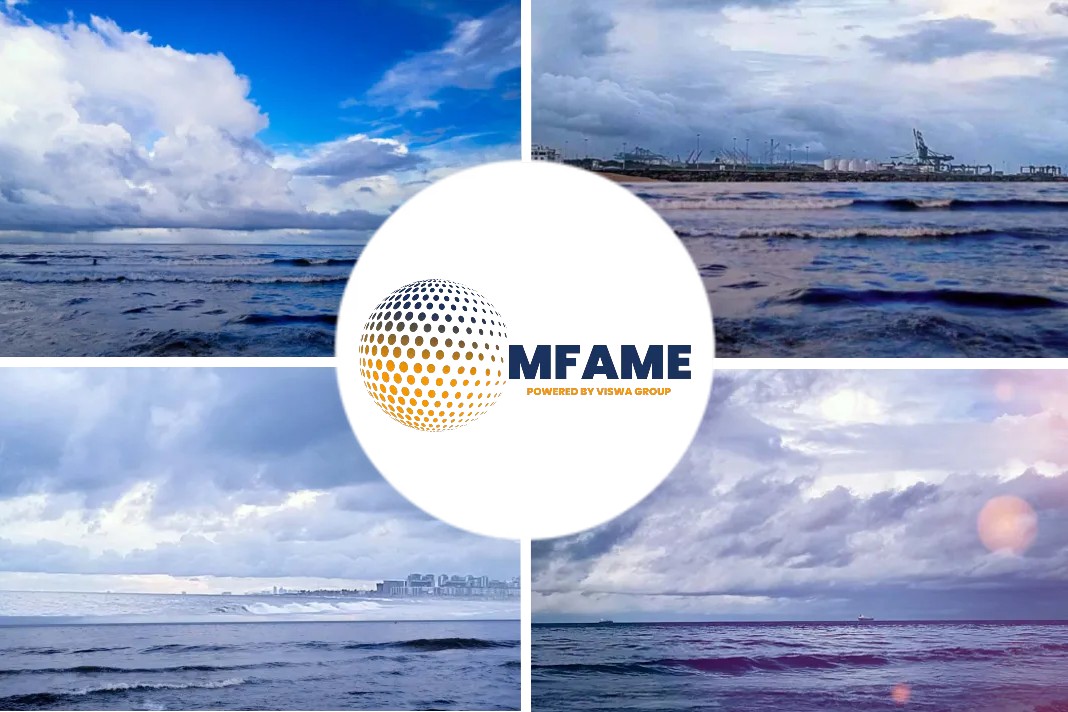- There are 1,505 Russian-affiliated vessels that face some form of restrictions as the global maritime industry comes to terms with the difficulties of not doing business with the world’s largest country.
- Israeli maritime predictive intelligence firm Windward has debuted a Russia sanctions solution on its platform to help shipping players and regulators to minimise risk exposure.
A recent news article published in Splash 247 written by Sam Chambers states that shipping walks tricky Russian sanctions tightrope.
Heavy sanctions imposed
In response to the Russian invasion into Ukraine, heavy economic sanctions have been imposed.
Amongst the most prominent organisations affected are Sverbank and VTB, two of the largest Russian financial institutions, state-owned Sovcomflot, Russia’s largest maritime and freight shipping company, and the Russian Maritime Register of Shipping.
Adding to these complexities, both the US and the UK have announced new bans on imports of Russian oil, gas and energy.
The sanctions affect not only the vessels, companies, and individuals listed but also every other entity that is connected through complex ownership links and potentially the cargo itself.
We may not be able to return to doing business in Russia for many years to come
Maersk’s Soren Skou
Identification of 1,505 Russian-affiliated vessels
Windward’s new Russia sanctions focus has identified 1,505 Russian-affiliated vessels, equating to 2.7% of the world’s merchant fleet, all facing some form of restrictions while just 18 of these ships have been officially sanctioned.
“As the fog of the conflict and increased sanctions make conducting trade even more complex, we will continuously update our platform so our customers can continue to conduct business with confidence,” said Ami Daniel, the CEO of Windward.
According to Sea/, a shipping platform developed by Clarksons, as of yesterday there were 179 tankers and bulkers expected to arrive at Russian ports in the next few weeks.
40 of these are intra-Russia but about 139 are from multiple countries including Turkey , the Netherlands, China, South Korea, Spain, Egypt , Italy, Japan, Germany, the US and Denmark.
Maersk, the world’s second largest containerline, revealed yesterday it was still calling at Russian ports to deliver containers booked before the invasion of Ukraine began and to pick up around 50,000 containers stranded in Russia.
“We may not be able to return to doing business in Russia for many years to come. This is a price we are both willing to and able to pay,” Soren Skou, the company’s CEO, told Reuters.
Earlier this month NGO Greenpeace launched its Russian Tanker Tracker on Twitter, a bot tracking oil and gas tankers leaving Russian ports using public AIS/satellite data from MarineTraffic, a feed that was inspired by the Oligarch Plane Tracker.
Data from Sea/ shows that as of yesterday there were still 96 vessels still in Ukrainian waters. About 90% have been waiting there for 2.5 weeks or more.
Ships stick around Odessa
Many of these ships are stuck around Odessa, Ukraine’s largest port, with little chance of departure as the waters there have been mined.
Many shipowners have decided to evacuate their crews and abandon their ships in recent days.
The International Maritime Organization (IMO) held discussions yesterday with Ukraine and Russia on creating safe corridors for stuck ships with sources telling Splash the dialogue was not fruitful.
As the mines off Odessa have been laid by Ukrainians to protect the city, in routing out the stuck ships they would have to declare where the mines are, which could assist in any potential Russian assault.
Maritime supply chain
Just about every facet of the maritime supply chain is having to come to terms with the changed sanctions landscape, whether it be banks, insurance, class or shipmanagers.
Payments to Russian seafarers, who make up 10.5% of all the crews serving on the global merchant fleet, are becoming very difficult.
American lawyers are suggesting that payment in US dollars that is then converted to roubles could be in breach of sanctions.
Likewise, managers and owners have been advised that cash to master in dollars with Russians onboard is now out.
Managers have also had discussions with Russian staff about holding pay back until a solution is at hand.
Crew rotation is becoming harder for Russian crew too with the existing main Istanbul and Middle East corridors getting full.
Charter flights to Russia
Charter flights to Russia are being mulled with managers talking about clubbing together like they have done during much of the crew change crisis brought on by the coronavirus pandemic.
The shipping community is also looking at ways to donate air miles to families of Ukrainian seafarers to help them reach safe final destinations.
American class society ABS earlier this week joined the likes of Lloyd’s Register in withdrawing all class services involving Russian vessels, assets and companies.
Did you subscribe to our daily newsletter?
It’s Free! Click here to Subscribe!
Source: Splash 24×7
















